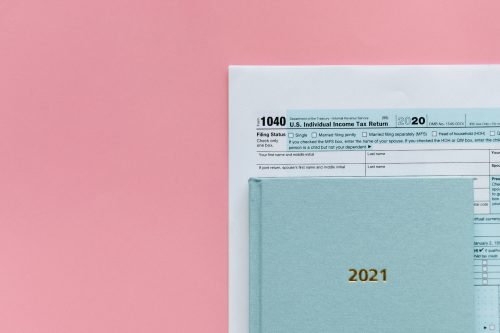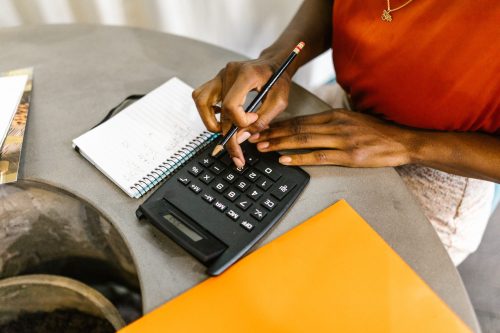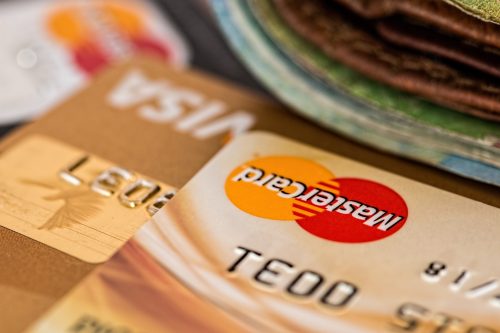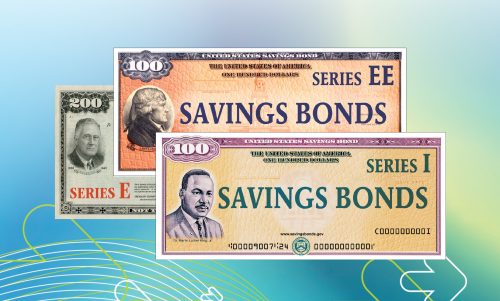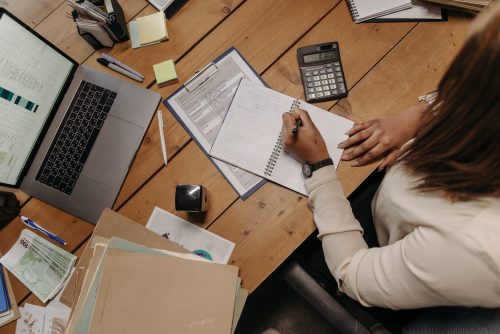- Learn how your credit score, the types of debt you carry and your debt-to-income ratio impact your ability and eligibility to buy a home.
- Knowing about secured and unsecured debt that you may carry can help you understand what lenders are looking for and how they evaluate your creditworthiness to carry a large mortgage.
- Take action and prepare your debt for the homebuying process by checking in on your credit, building a cash cushion and understanding the costs of homebuying.
Do you think the time is right to buy your first home? Before you start creating a budget and considering what neighborhood you want to live in, three major financial factors can impact your approach: your credit score, the types of debt you carry and your debt-to-income ratio. Those elements can make or break your ability to afford mortgage payments — and they may ultimately determine whether or not you get the house you want.
The importance of a credit score
Looking at your credit score is the easiest way to gain perspective into how mortgage lenders will rate your readiness as a homebuyer. Your credit score is the three-digit mathematical analysis of your debt level, payment history and other financial data collected by the credit bureaus. That number, which ranges from 300 to 850, shows lenders how you handle your debts and liabilities — and how serious you are perceived about being a homebuyer. The higher your credit score, the greater your chance of being approved for a mortgage within your desired price range.
Types of debt
You should also know the two specific types of debt that make up your credit score: secured and unsecured. Secured debt is connected to an owned asset of value, such as a house or a car, that is considered to be collateral for the debt. If you fall behind on payments for a loan involving secured debt, lenders can assume ownership of those assets to cover your delinquent payments.
Unsecured debt, on the other hand, includes credit card balances, student loans, medical bills or court-ordered child support. Generally, there is no collateral lenders can assume to cover a missed payment for your unsecured debt.
That doesn’t mean unsecured debt is always a detriment, or that having only secured debt will make you more favorable as a prospective loan recipient. Home lenders look at all aspects of your debt to understand what you’re using it for — for example, did you take out that loan to make an improvement, or did you use it for living expenses because you’re barely making ends meet? The context here is crucial.
Below, we evaluate the most widely-used types of secured and unsecured loans, and how the positives and negatives of each can affect your creditworthiness.
Secured debt
- Auto loans: A car loan is a secured loan and, like other types of debt, it helps to build your credit history. Make sure you can afford to pay your payment monthly so your credit score can continue to improve.
- Other mortgages: If you already have a mortgage on another home and can demonstrate a positive payment history, lenders will generally feel more comfortable giving you another home mortgage as you’ve shown that you know how to handle your debt responsibly. If that home is a cash-flow positive investment property, lenders may also give you higher marks because the rental income may help with mortgage payments. Conversely, if that second home is not rented, you typically must show lenders you have the income to carry loans on multiple properties. A general rule when multiple mortgages are involved is that the amount of the second loan shouldn’t be far higher than your first one — so don’t assume your perfect payment history on your existing $150,000 loan will mean you can easily get a new million-dollar loan.
Unsecured debt
- Student loans: For first-time homebuyers, student debt can actually be helpful. While it can be a burdensome monthly payment, lenders may view student loans as a sign that you take your liabilities seriously because you make regular payments. A perfect payment history is often viewed very favorably by lenders. Student loans can also help you establish a credit history at a young age.
- Credit card debt: This is the most widely-used type of unsecured debt. Credit card debt is often scrutinized by lenders. While credit cards can actually help you build a good credit history if you pay your debt in full each month or make payments that are substantially larger than the required monthly minimum, having multiple cards can be a red flag. Are you running a high balance and only making minimum payments? If so, a mortgage lender may view you as cash-strapped, living card-to-card to maintain a lifestyle you can’t afford — and thus not a person viewed as ready to trust with a six-figure home loan. Infrequent use of your credit card or having a minimal balance shouldn’t affect your credit score much.
Bankruptcy, liens and judgments all have significant negative impacts on your credit report, so it’s important to manage both secure and unsecure debt appropriately.
What’s your debt-to-income ratio?
After checking your credit score, check your debt-to-income ratio. This is one way lenders measure your incoming cash flow and judge whether you have the ability to manage your monthly payments, including those for amajor home loan you may be seeking. The easiest way to calculate your debt-to-income ratio is to add up all your monthly debt payments and divide that amount by your gross monthly income.
The Consumer Financial Protection Bureau recommends that your debt-to-income ratio be no higher than 43 percent — meaning your monthly liabilities should be no higher than 43 percent of your monthly pre-tax gross income. For a home loan, factor in everything involved in a home purchase into the debt amount — including taxes, insurance and other housing costs.
Lenders also look at the history and trajectory of your debt-to-income ratio. Say, for example, you increased your income from $100,000 to $250,000 in a year. A home lender may not automatically underwrite a much larger loan — they’ll want to understand the why behind the jump. Was it a big salary increase? A one-time sale of a house or stocks? Will that $250,000 income continue?
Prepare your debt for the homebuying process
Once you’ve made the mental decision that you want to buy a home, here’s a debt management to-do list:
- Make sure your credit is in order. Check your free annual credit report.
- Figure out your debt-to-income ratio and determine how much more debt you can handle without drastically tipping the scales.
- Understand how much you can afford as a down payment. Is it saved up, or will you get help from family?
- Have a cash cushion. Home lenders will look at how many months of cash reserves you have, so you should have enough saved to keep making mortgage payments for a few months if your income dips unexpectedly.
- Double-check your comfort level. Ask yourself again: Are you truly comfortable borrowing an amount into the six figures and making that monthly mortgage payment?
- Read What Are Closing Costs? Guide for First-Time Homebuyers to understand potential additional costs that can be associated with your mortgage. That way, once you start looking at homes, you can better aim your sights on finding the house of your dreams — and you’ll have a better understanding of whether you can afford it.
- Download our checklist for first time homebuyers to get an idea of the steps to take and documents to collect before you start a conversation with a lender. That way, once you start looking at homes, you can better aim your sights on finding the house of your dreams.



